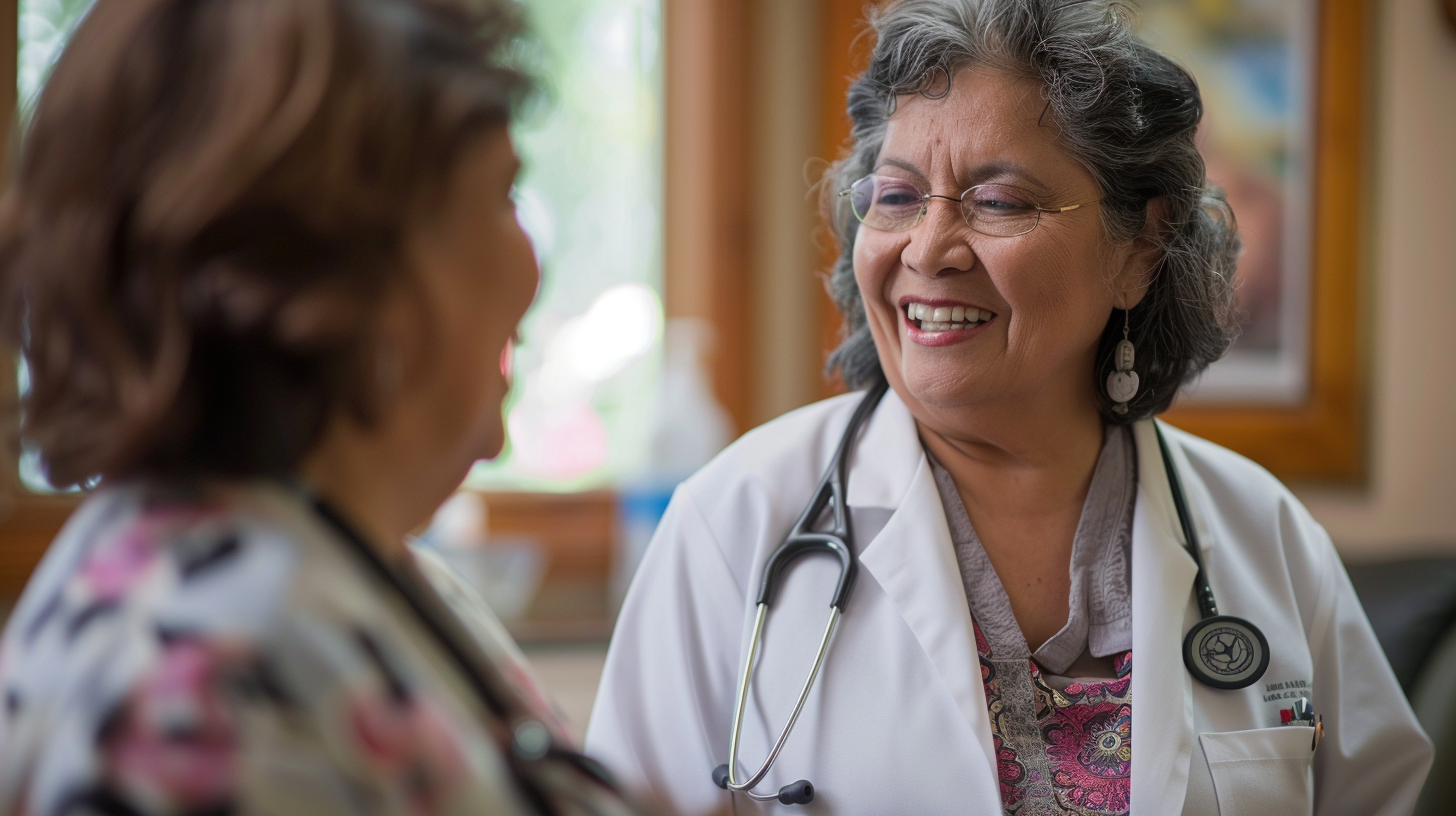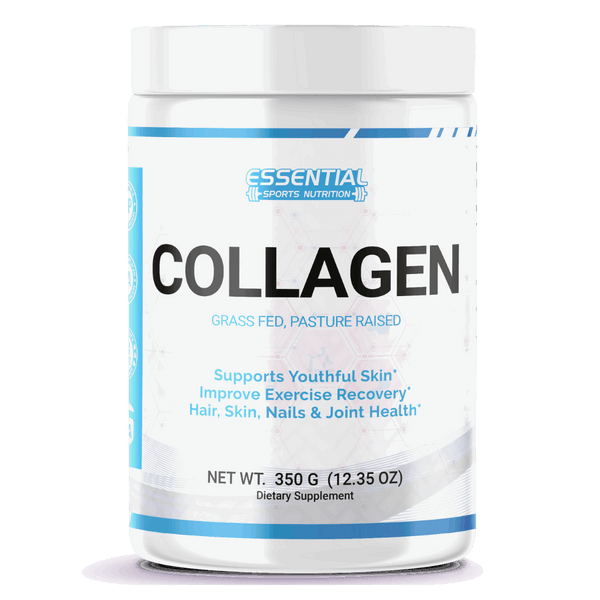Are You Over 65? Here’s How to Prevent or Fix a B12 Deficiency Fast!
Are You Over 65? Here’s How to Prevent or Fix a B12 Deficiency Fast!
As we age, our bodies undergo many changes, including how well we absorb nutrients. One common issue older adults face is a vitamin B12 deficiency. This nutrient is essential for maintaining healthy nerves and red blood cells.
Without enough B12, older individuals may experience fatigue, memory problems, and even nerve damage.
Atrophic gastritis is the major culprit behind poor B12 absorption in elderly people. Studies show that about 20% of people aged 65 years or older have this condition. It leads to reduced stomach acid production and decreased secretion of intrinsic factor—both crucial for absorbing B12.
This blog post will offer practical tips to help improve vitamin B12 absorption in aging individuals. We’ll discuss nutritional strategies, supplementation options, and medical interventions that can make a big difference in your health journey.

Key Takeaways
- Vitamin B12 Absorption Issues: Many older adults have trouble absorbing Vitamin B12 due to conditions like atrophic gastritis and low stomach acid, affecting up to 20% of people aged 65 and over.
- Nutritional Sources: Foods rich in Vitamin B12, such as fish, meat, dairy products, eggs, shellfish, and fortified cereals can help maintain adequate levels. Options also include fortified plant-based milks and nutritional yeast for vegetarians and vegans.
- Supplementation Methods: Various supplementation methods are available including oral tablets or capsules, sublingual tablets that dissolve under the tongue, injectable treatments given by healthcare providers, nasal sprays used weekly, patches that release B12 slowly through the skin, and chewable supplements.
- Medical Interventions: Regular screening for B12 levels through blood tests is crucial. About 30% of those aged 60+ may suffer from low muscle mass linked to poor B12 absorption. Injectable treatments are often recommended for severe deficiencies to ensure quick absorption directly into muscles.
Stay proactive with regular check-ups and a balanced diet to improve vitamin absorption.
Factors Affecting B12 Absorption in Older Adults
Some elderly individuals have trouble absorbing Vitamin B12 due to lower stomach acid levels. This can hinder the digestion and absorption of vital nutrients they need for good health.
Atrophic gastritis
Atrophic gastritis damages the stomach lining, reducing its ability to produce acid. This condition affects older adults and makes it hard for them to absorb nutrients like vitamin B12, calcium, iron, and folic acid.
Without enough stomach acid, they face problems with digestion and nutrient absorption.
Older people with atrophic gastritis often struggle with a B12 deficiency. Low levels of this vitamin can cause fatigue, memory issues, and even nerve damage. Improving vitamin B12 absorption is vital for these older individuals' health.
Treatments may include antibiotics or acid supplements to help increase nutrient bioavailability in their diet.
Reduced stomach acid production
Many older adults have low stomach acid. This condition, called hypochlorhydria, affects nutrient absorption. Stomach acid helps break down food and absorb vitamins like B12.
Low stomach acid can increase the risk of vitamin B12 deficiency. More than 20% of elderly people face this problem. They might experience weakness, fatigue, or even cognitive issues due to lack of B12.
Chronic diseases are common in older age groups with reduced stomach acid production. These conditions make it harder for their bodies to get enough nutrients from food intake alone.
Nutritional Strategies to Enhance B12 Absorption
Eat foods rich in vitamin B12 like fish, meat, and dairy products. Take oral B12 supplements to boost your intake.
Dietary sources rich in B12
Older adults often need more vitamin B12. Here are some foods that can help boost B12 levels:
- Fish: Salmon, trout, and tuna are great sources of vitamin B12. They also provide protein and omega-3 fatty acids.
- Meat: Beef liver is one of the richest sources of B12. Other meats like chicken and turkey also contain this important nutrient.
- Dairy Products: Milk, cheese, and yogurt offer a good amount of vitamin B12. These foods also help with calcium intake for bone health.
- Eggs: One egg contains about 0.6 micrograms of B12. Including eggs in daily meals can support overall nutrition.
- Fortified Cereals: Many breakfast cereals are fortified with vitamin B12. This option works well for vegetarians and vegans.
- Shellfish: Clams, oysters, and mussels have high amounts of vitamin B12 along with other essential minerals like zinc and iron.
- Chicken Breast: While not as rich as beef liver or fish, chicken breast still provides useful levels of vitamin B12.
- Nutritional Yeast: Often used by vegans, nutritional yeast is fortified with B12 and adds a cheesy flavor to dishes.
- Fortified Plant-based Milks: Soy milk or almond milk often come fortified with vitamin B12, making them good options for those avoiding dairy products.
- Margarine: Some brands add vitamin B12 to margarine, offering an easy way to increase your daily intake during meal preparation.
Including these foods in your diet can help maintain adequate vitamin B12 levels as you age.
B12 supplementation options
B12 is essential for older adults, but absorption can be tricky. There are different ways to supplement this vital vitamin. Here are some options:
-
Oral Supplements
- Easy and convenient.
- Tablets or capsules are common forms.
- Some take these daily or weekly.
-
Sublingual Tablets
- Placed under the tongue.
- Dissolves quickly.
- B12 goes directly into the bloodstream.
-
Injectable B12
- Given by a healthcare provider.
- Ideal for severe deficiency.
- Injections might be monthly.
-
Fortified Foods
- Breakfast cereals often have added B12.
- Look for labels with fortified amounts.
-
Nasal Sprays
- Used once a week.
- Absorbed through nasal tissues.
-
B12 Patches
- Stick to the skin like a bandage.
- Releases B12 slowly over time.
-
Chewable Supplements
- Easier for those who have trouble swallowing pills.
- Often flavored for better taste.
Each option has benefits and drawbacks depending on the individual's needs and health conditions. It's important to choose the right method to ensure adequate intake of vitamin B12 for better health in old age.
Role of Medical Interventions

Doctors often check B12 levels during routine exams. In some cases, they may recommend B12 shots to boost absorption.
Regular screening for B12 levels
Regular screening for B12 levels is crucial for older adults. About 30% of individuals aged 60+ and 50% of those aged 80+ suffer from low muscle mass. This condition can be linked to a deficiency in Vitamin B12.
Detecting the deficiency early helps prevent serious health problems.
Healthcare providers usually perform these screenings through blood tests. These tests are simple and quick, making them an easy addition to regular check-ups. Frequent screenings ensure timely interventions if B12 levels are too low, supporting better overall health for the elderly population.
Injectable B12 treatments
Injectable B12 treatments help older adults with severe deficiency. Doctors often prescribe these injections for people who cannot absorb B12 through food or pills. These shots go directly into the muscle, making them effective and fast-acting.
Many elderly patients benefit from this method, especially if they have conditions like atrophic gastritis or reduced stomach acid production. With regular monitoring of their blood plasma levels, healthcare providers can ensure the right dosage to improve health outcomes.
Conclusion
Older adults often face challenges in absorbing Vitamin B12. Factors like atrophic gastritis and reduced stomach acid play big roles. Nutritional strategies include eating foods rich in B12 or taking supplements.
Medical checks can help monitor levels, and doctors might suggest treatments when needed. Regular screening and a balanced diet are key steps for better health. Stay proactive to boost your nutrient intake!
Vitamin B12 and Aging FAQs
Q: What is Vitamin B12 deficiency in older adults?
A: Vitamin B12 deficiency means not having enough of this important nutrient, which can decrease with age and affect many body functions.
Q: Why do elderly individuals often have lower vitamin absorption?
A: Older adults generally have lower stomach acid and gastrointestinal tract changes that make it harder to absorb nutrients such as vitamin B12.
Q: How can older adults improve their Vitamin B12 intake?
A: Older adults can take dietary supplements to increase vitamin B12 or eat foods fortified with this nutrient, like cereals and dairy products.
Q: What are good sources of Vitamin B12 for the elderly?
A: Good sources include meat, fish, eggs, dairy products, and fortified foods like certain cereals.
Q: Should older adults consider taking other vitamins too?
A: Yes! Vitamins like D and calcium are also important for bone health in elderly subjects to prevent conditions like osteoporosis.
Q: Can a healthy diet help with better nutrient absorption in older people?
A: Yes! A diet rich in whole grains, vegetables, fruits, nuts, seeds, and adequate water intake helps improve overall nutrition absorption among older adults.
Q: Why is vitamin absorption important for elderly individuals?
A: Vitamin absorption is crucial for maintaining overall health and preventing deficiencies, especially in aging individuals whose absorption abilities may decline with age.
Q: How does food intake affect vitamin absorption in older adults?
A: Healthy eating habits and the use of dietary sources rich in nutrients such as calcium and vitamin B-12 can enhance absorption in older adults.
Q: What role does protein intake play in improving vitamin absorption in the elderly?
A: Protein intake is important as it can facilitate the absorption of nutrients, including vitamins such as vitamin B-12, in elderly individuals.
Q: What are some specific vitamins that are crucial for older adults with B12 deficiency?
A: Vitamins such as vitamin E, vitamin B6, and other B vitamins are essential for addressing B12 deficiency in older adults.
Q: How can older adults improve the absorption of vitamin D and calcium?
A: Ensuring adequate vitamin D intake and considering supplements can help improve the absorption of these nutrients in elderly individuals.
Q: What are some common factors that can affect vitamin absorption in the elderly?
A: Factors such as body composition, vitamin D deficiency, and the overall health status of the individual can impact the absorption of vitamins and minerals in older adults.
Q: Are there any recommended guidelines from national health organizations for improving vitamin absorption in the elderly?
A: The National Institutes of Health and other health organizations provide guidelines on healthy eating and supplementation to help maintain optimal vitamin absorption in older adults.






















